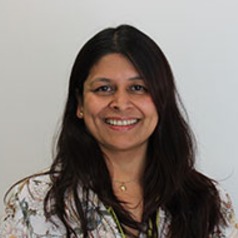Research
My research on Drink Spiking and Drug-Facilitated Sexual Assault (DFSA) combines laboratory-based studies, surveys, and focus groups to better understand the nature, prevalence, and impact of these incidents. Together with my research team, we examine chemical detection methods, patterns of occurrence, and real-world experiences to inform effective prevention and response strategies.
We also utilise Freedom of Information (FOI) requests to evaluate how institutions and agencies are responding to spiking — exploring what initiatives have been introduced, what improvements have been made, and how effective these measures are in practice.
As part of this work, we developed a comprehensive educational toolkit designed to raise awareness among students, staff, and the wider public. The toolkit provides practical guidance on recognising the signs of drink spiking, supporting potential survivors, and understanding the reporting and investigation processes. It can be easily adapted by other institutions by substituting their own local reporting and support mechanisms.
Analytical Method Development
I have been working on developing methods to detect multiple drugs in different types of samples, including urine, drinks, wastewater, and other non-invasive materials. This work helps improve how substances related to spiking, drug use, and public safety are identified and monitored.
We also analyse street drug samples provided by police forces to better understand what substances are circulating, and what new or harmful ingredients may be appearing.
To carry out this work, we use both portable testing devices - such as drink testing kits and Next Generation Sensors instruments like the CamCorder and NIR - alongside other spectroscopic methods that provide rapid on-site results. These are complemented by advanced laboratory techniques, including gas chromatography–mass spectrometry (GC-MS), which enable reliable confirmation of drug types and quantities.
Research Supervision
Since 2008, I have supervised around 150 undergraduate students on projects in Forensic Science and Crime and Investigative Studies, and 50 MSc Forensic Science student projects.
I have also supervised 13 research degree students, mentoring them through all stages of their research—from developing proposals and designing studies to data analysis and successful completion. This experience reflects my commitment to nurturing independent researchers and supporting advanced scholarship in forensic science.
